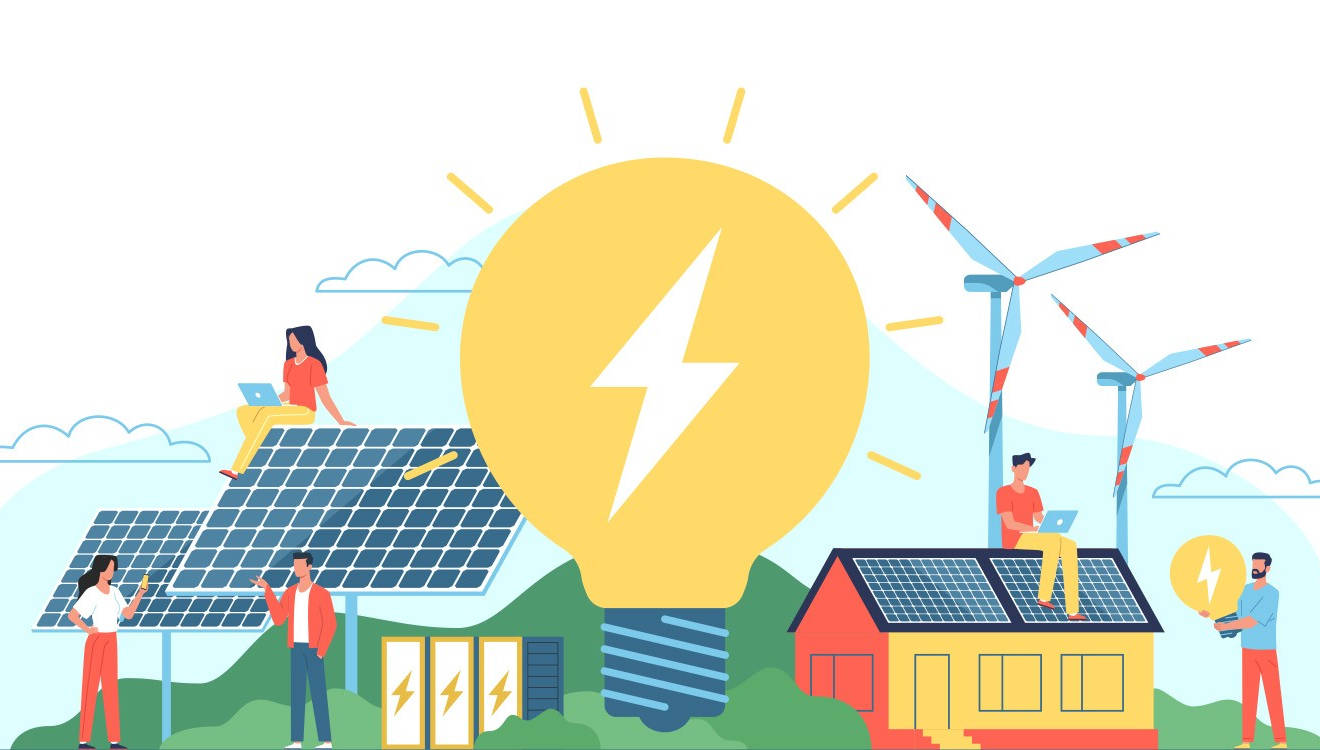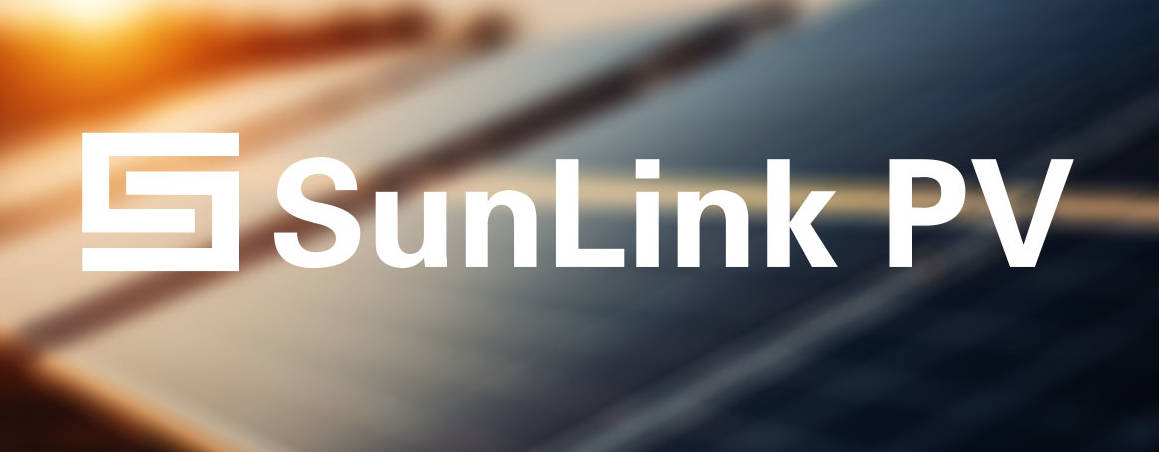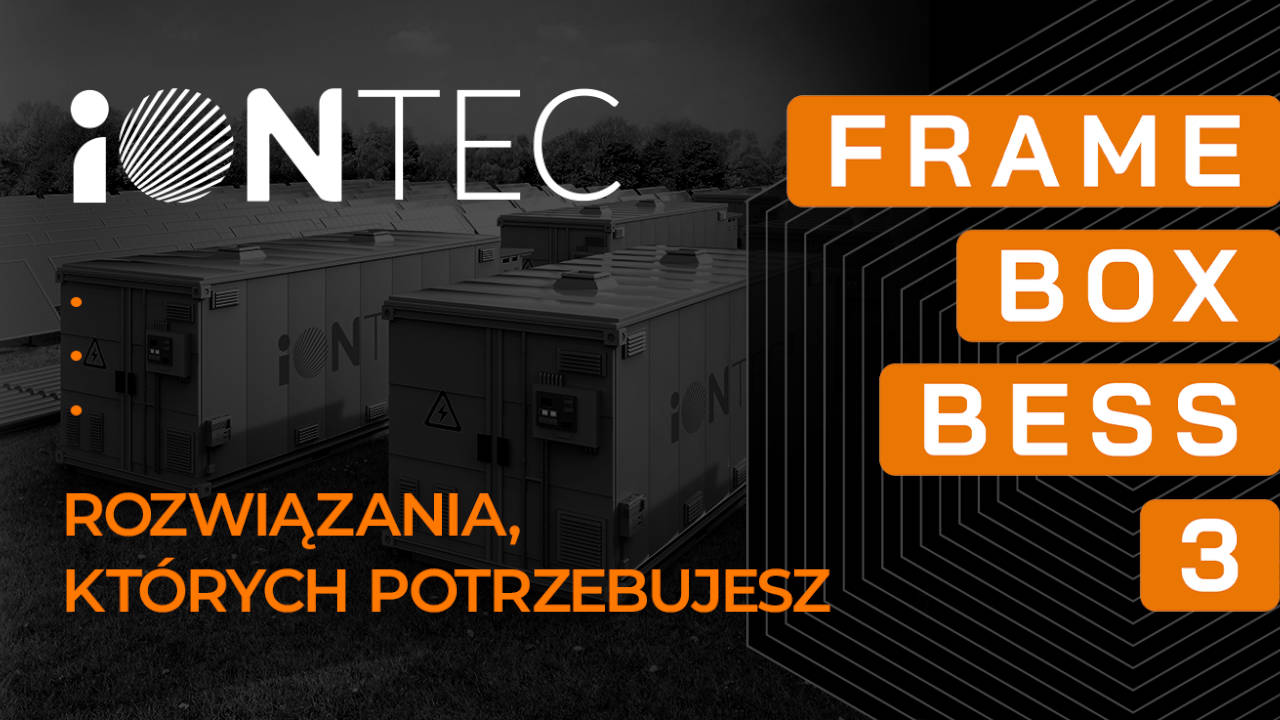18/06/2024

OFF-GRID PHOTOVOLTAIC INSTALLATION - WHAT IS IT AND IS IT WORTH IT?
Energy independence, no electricity bills, and powering your home with emission-free energy? It's possible! Learn what an off-grid solar installation is, its benefits, and find out if off-grid photovoltaics meet your needs.
What is an off-grid photovoltaic installation and how does it differ from on-grid?
An off-grid installation allows complete independence from the electrical grid because... it is not connected to it. Typically, when a prosumer decides to install a photovoltaic system, they must inform their energy supplier, who is required to install a bidirectional meter on the property. Its task is to measure the amount of unconsumed energy produced by the PV panels, which is sent to the grid. If the production from the photovoltaic installation is insufficient, electricity is drawn from the energy provider, a process also recorded by the mentioned meter.
What does off-grid mean? In the case of off-grid photovoltaic installations, electricity produced by the PV panels but not used for current needs goes directly to battery modules. The prosumer can then discharge their batteries after sunset or during bad weather when the modules produce less energy.
Off-grid installation – for whom?
Due to technical difficulties, homeowners located in high mountains or other remote areas far from power lines are unlikely to receive approval for connecting their property to the grid. Therefore, off-grid solutions in Poland are mainly chosen by prosumers who own properties in areas with poorly developed energy infrastructure.
Small off-grid installations are also chosen by customers who own boats, yachts, or campers. This solution allows them to use electrical devices during long journeys.
Advantages of an off-grid system
Customers opting for an off-grid installation can enjoy full energy independence. This allows them to calmly observe the rise in electricity prices, which in early 2022 alone increased by 24%. Furthermore, according to the President of the Energy Regulatory Office (URE), further increases are expected in the near future, potentially reaching several tens of percent.
A prosumer with an off-grid installation also does not have to worry about power grid failures. Even in the event of a blackout affecting hundreds of thousands of customers, the owner of a photovoltaic power plant can continue to enjoy their current quality of life.
An off-grid installation also ensures power supply in locations where grid energy would not be available. This is a great solution for those who want to live close to nature and use "green," emission-free electricity.
Off-grid inverter – how it works
When choosing an installation that will operate fully off-grid, it is also necessary to select an appropriate off-grid inverter. An off-grid inverter is a device that can operate without being connected to the power grid. It converts direct current into alternating current, which immediately goes to consumers, i.e., electrical devices or energy storage.
Off-grid installation – is it worth it?
An off-grid installation is a good solution, especially for investors who want to enjoy access to electricity in homes far from the power grid. However, it should be noted that in other cases, it may be worthwhile to consider an on-grid installation equipped with appropriately sized energy storage.
Off-grid photovoltaics – current regulations
Do you need to report an off-grid installation in Poland? Since it is a power plant that operates exclusively within the scope of the home electrical network, it does not affect the power system. Therefore, not reporting it to the OSD is completely legal.




